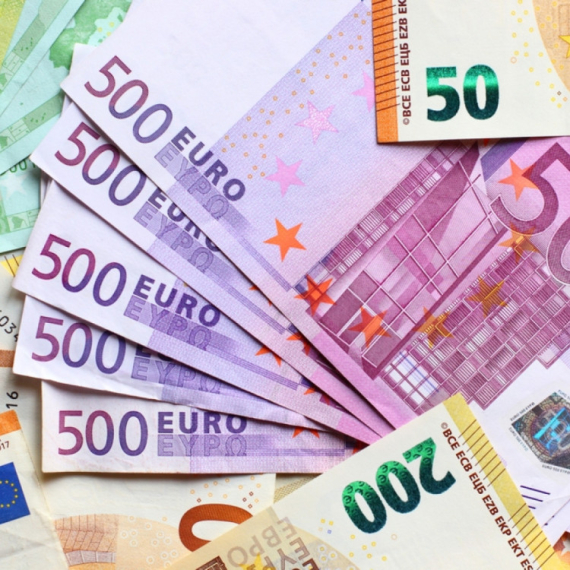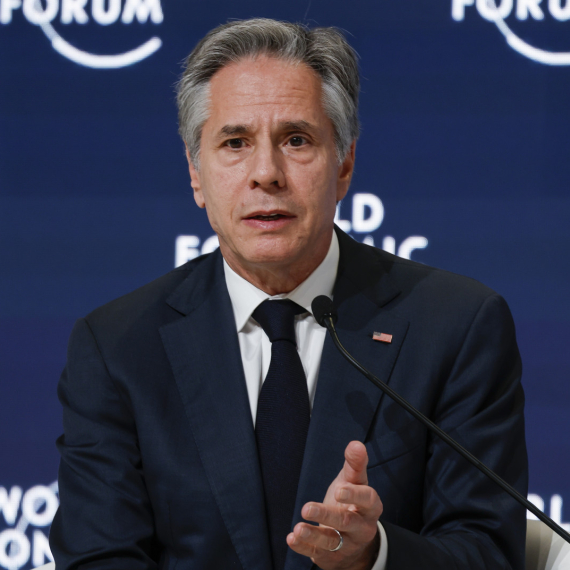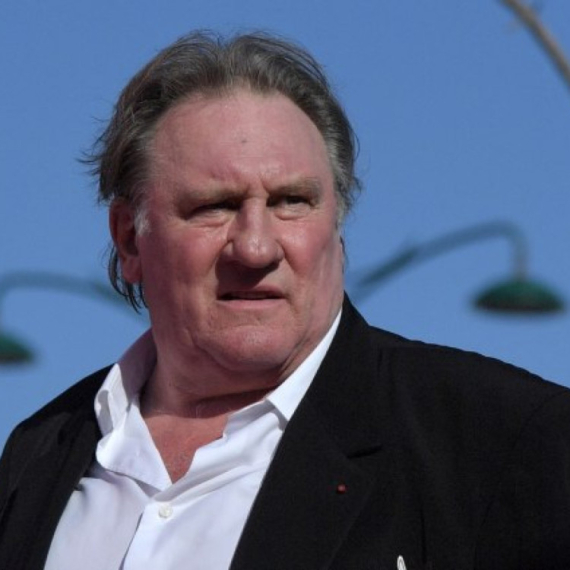Serbian president “aware of conditions for EU”
Diplomatic sources from Brussels claim that Serbia’s President Tomislav Nikolić is aware that the EU is not asking Serbia to recognize Kosovo.
Saturday, 09.06.2012.
14:37

Diplomatic sources from Brussels claim that Serbia’s President Tomislav Nikolic is aware that the EU is not asking Serbia to recognize Kosovo. According to them, the recognition of Kosovo’s independence is not a condition for Serbia’s progress in the EU integration process. Serbian president “aware of conditions for EU” The sources added that five EU member states had not recognized Kosovo either. Commenting on Nikolic’s statement that he would go to Brussels to find out whether the EU insisted on Serbia’s recognition of Kosovo, they told Beta news agency that the Serbian president, government and public knew what the EU’s position was like. “The issue of resolving relations with Pristina will be gradually solved until the expected accession of Serbia and nobody knows now how it will be solved, even though it is a position of the majority of the EU states that Serbia will not be allowed to become an EU member with unresolved territorial issues, which was the case with Cyprus,” the explained. EU High Representative Catherine Ashton's Spokeswoman Maja Kocijancic told Beta that the conditions for Serbia’s EU accession had been determined by the European Council in December 2011. “Serbia has reached the necessary level of harmonization with the criteria for the EU membership, especially when it comes to the key priority of taking steps toward a tangible and permanent improvement of relations with Kosovo,” she said. Kocijancic stressed, however, that Serbia needed to continue to make progress, including implementation of regulations and conditions in the stabilization and association process. She added that it was also important that “the Belgrade authorities stay committed to the full respect of regional cooperation principles that everybody will be involved with”, which especially applies to the agreement on Pristina’s regional representation. The European Council has instructed the EC to submit a report on Serbia's work on the key priorities “as soon as it determines that a sufficient progress has been made”. Serbia would then get a date for the beginning of the EU accession talks, according to Kocijancic. When asked to comment on Nikolic’s statement on Srebrenica, she said that the EU’s position on Srebrenica was clear, quoting Ashton and EC President Jose Manuel Barroso’s statement that “the massacre in Srebrenica is a genocide for the EU, as it was confirmed by the Hague Tribunal and the International Court of Justice”. (Tanjug, file) Beta
Serbian president “aware of conditions for EU”
The sources added that five EU member states had not recognized Kosovo either.Commenting on Nikolić’s statement that he would go to Brussels to find out whether the EU insisted on Serbia’s recognition of Kosovo, they told Beta news agency that the Serbian president, government and public knew what the EU’s position was like.
“The issue of resolving relations with Priština will be gradually solved until the expected accession of Serbia and nobody knows now how it will be solved, even though it is a position of the majority of the EU states that Serbia will not be allowed to become an EU member with unresolved territorial issues, which was the case with Cyprus,” the explained.
EU High Representative Catherine Ashton's Spokeswoman Maja Kocijančić told Beta that the conditions for Serbia’s EU accession had been determined by the European Council in December 2011.
“Serbia has reached the necessary level of harmonization with the criteria for the EU membership, especially when it comes to the key priority of taking steps toward a tangible and permanent improvement of relations with Kosovo,” she said.
Kocijančić stressed, however, that Serbia needed to continue to make progress, including implementation of regulations and conditions in the stabilization and association process.
She added that it was also important that “the Belgrade authorities stay committed to the full respect of regional cooperation principles that everybody will be involved with”, which especially applies to the agreement on Priština’s regional representation.
The European Council has instructed the EC to submit a report on Serbia's work on the key priorities “as soon as it determines that a sufficient progress has been made”.
Serbia would then get a date for the beginning of the EU accession talks, according to Kocijančić.
When asked to comment on Nikolić’s statement on Srebrenica, she said that the EU’s position on Srebrenica was clear, quoting Ashton and EC President Jose Manuel Barroso’s statement that “the massacre in Srebrenica is a genocide for the EU, as it was confirmed by the Hague Tribunal and the International Court of Justice”.

























































Komentari 8
Pogledaj komentare